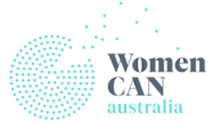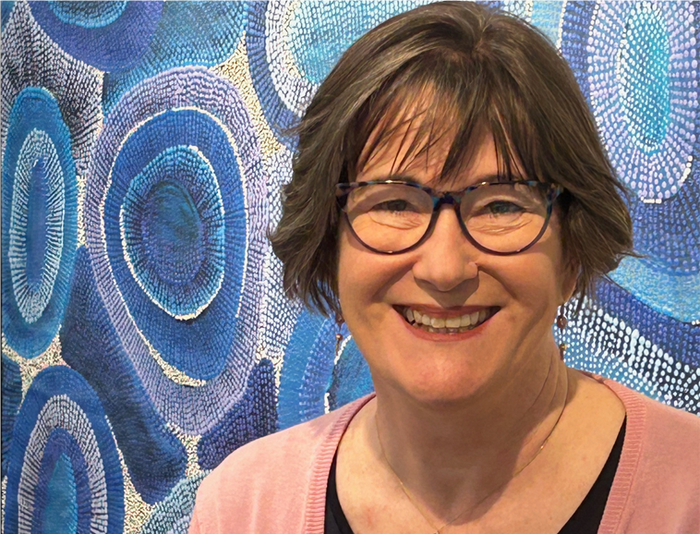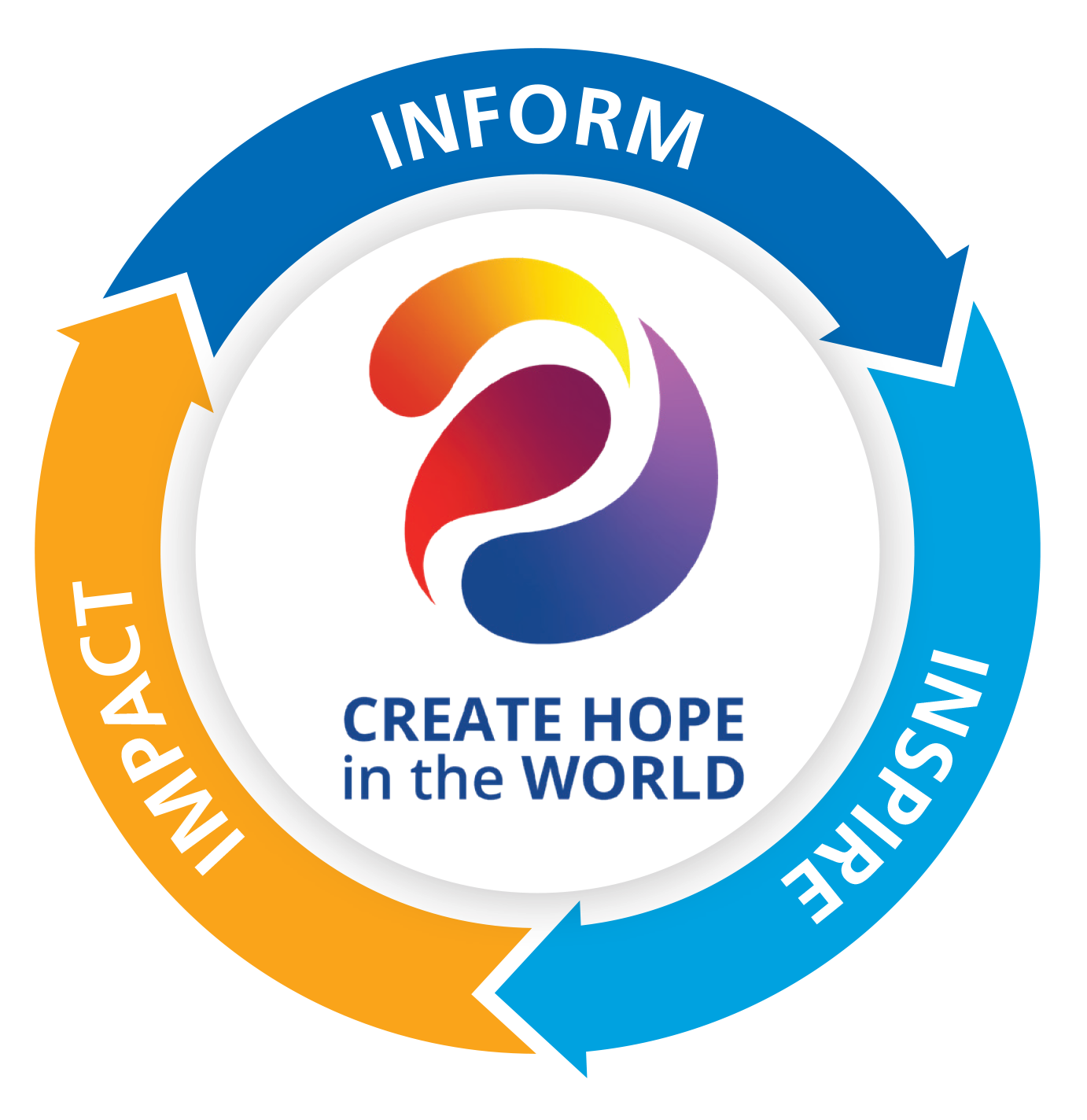 What would you do if you walked into a supermarket toilet to find a woman who looked just like you washing her hair in the sink? And as your eyes meet, you learn her story. She’d long thrived; things turned tough; she managed most of the time by house sitting or staying with friends. Sometimes, though, there was nowhere but the car. This was one of those times, the supermarket toilet was where she had to wash her hair. She was worried about being judged and was keen to add that she was OK.
What would you do if you walked into a supermarket toilet to find a woman who looked just like you washing her hair in the sink? And as your eyes meet, you learn her story. She’d long thrived; things turned tough; she managed most of the time by house sitting or staying with friends. Sometimes, though, there was nowhere but the car. This was one of those times, the supermarket toilet was where she had to wash her hair. She was worried about being judged and was keen to add that she was OK.Many long to change the world, make it maybe just a little bit better and fairer. A really good way to do that is to remove barriers to opportunity and independence. Training and employment are opportunity in action and create financial independence, a thing long denied in so many ways to so many women.
And if you add peer support to subsidised training and a job, you get women, some of whom might have faced disadvantage not of their own making, striding side-by-side along the path to independence and opportunity to explore life with liberty and security. It's not much to ask. It is huge to have. And it can be done. I know that because we are doing it in Melbourne and across regional Victoria.
 In 2019, not long after walking into that supermarket toilet Mikaela Stafrace quit her job as a corporate lawyer of more than three decades and set up WomenCAN Australia.
In 2019, not long after walking into that supermarket toilet Mikaela Stafrace quit her job as a corporate lawyer of more than three decades and set up WomenCAN Australia.WomenCAN collaborates with employers and vocational training organisations to provide women with access to subsidised training and a job. Everyone wins, including taxpayers – as the model helps people move from Jobseeker to becoming taxpayers. It provides support to many women who have migrated to Australia, sometimes fleeing violence and injustice, sometimes in more gentle circumstances. Also, there are many such as Wendy Clark who through her training with WomenCAN is able to provide much needed services to the age care community. To learn more about Wendy: Where there’s a Way – Wendy’s Way by journalist Michael Short.
Imagine, if you will, women who have been prevented from ever spending a single day in school. Imagine women who were orphaned young and never provided opportunity, let alone nurturing. “Through assistance from WomenCAN, 349 women like Wendy have been kept off Centrelink, through vocational training and into a job with another 480 in the pipeline - Amazing”, Mikaela said. In her own childhood, Mikaela had experienced much circumstantial challenge, as well as the change that can come from being mentored: from being given a go.
 At present, WomenCAN is operating in parts of regional Victoria and South Australia, with plans to extend far into other states of Australia. According to Mikaela, it should be tried in other places. To date, hundreds of women have been trained and employed since that meeting with the woman in the supermarket toilet, transforming lives and fuelling the community and the economy.
At present, WomenCAN is operating in parts of regional Victoria and South Australia, with plans to extend far into other states of Australia. According to Mikaela, it should be tried in other places. To date, hundreds of women have been trained and employed since that meeting with the woman in the supermarket toilet, transforming lives and fuelling the community and the economy.WomenCAN is a project of the Rotary Southbank where Mikaela is a member. Both she and Kerry Kornhauser are available to share the WomenCAN story about the inspirational impact of the program on the lives of women and girls with other Rotarians. A number of clubs in the District have already heard stories such as Wendy’s.
What can Rotarians do?
- They can assist participants to reconnect with the workforce
- Those who run businesses can job spot for the participants
- They can spread the word about our Facilities Maintenance Social Enterprise and fundraise for WomenCAN to purchase equipment and materials
- They can provide mentoring, practice interviews and share the story to the community.
Learn more about Mikaela Stafrace and WomenCAN: WomenCAN Australia.
WomenCAN Australia | Charity | Employment and Training
